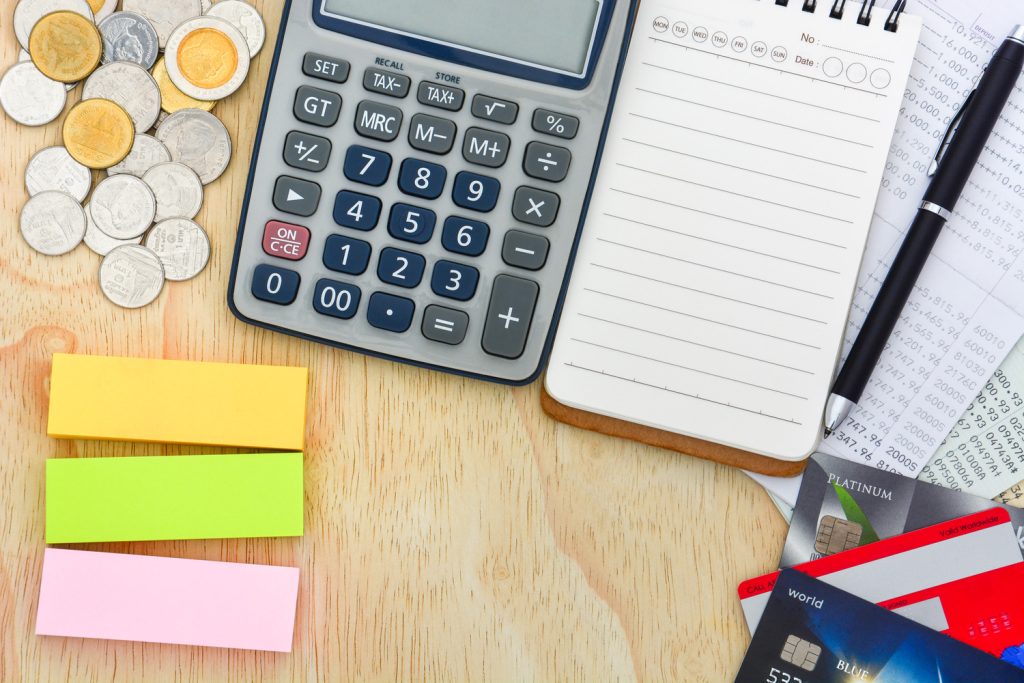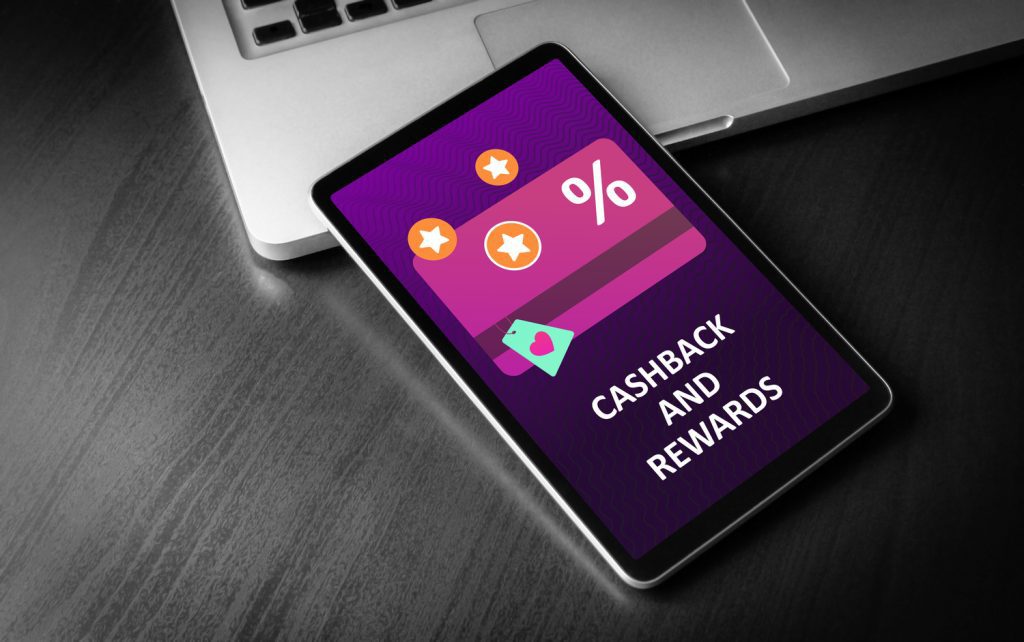Saving money is a crucial part of building financial stability and achieving long-term financial goals. However, for many people, saving money can be a challenge, especially when unexpected expenses arise or when there are competing financial priorities.
If you're looking to build up your savings quickly, there are a number of strategies you can use to cut back on expenses, increase your income, and make the most of your money.
In this article, we'll explore some of the most effective tips and tricks for saving money fast, so you can start building your wealth and securing your financial future.
What You’ll Need To Save Money Fast?
To save money fast, you'll need a combination of discipline, determination, and smart financial strategies. You'll also need to be willing to make some sacrifices and changes to your current spending habits. Here are a few key things you'll need to save money quickly:
- A plan: If you're struggling to save money with your current income, consider taking on a side hustle or finding ways to earn extra money. This could include selling items you no longer need, freelancing, or taking on a part-time job.
Discipline: Saving money fast requires discipline and the ability to resist temptation. This means saying no to unnecessary purchases and sticking to your budget.
Patience and perseverance: Saving money fast is not always easy, and setbacks are likely to occur. However, it's important to stay focused on your goal and keep pushing forward, even when things get tough. With the right mindset and strategies, you can achieve your savings goals and build a more secure financial future.
1. Create A Budget And Stick To It
Creating a budget is one of the most important steps you can take to save money. Start by tracking your income and expenses for a month to get a clear picture of where your money is going.
Then, create a budget that allocates specific amounts to different categories, like housing, groceries, transportation, and entertainment. Once you have a budget in place, it's important to stick to it. This may mean making some sacrifices and cutting back on non-essential expenses.
Sticking to a budget takes discipline, but it can help you save money and achieve your financial goals.
-
Example
If your budget shows that you're spending too much on dining out, you may need to cook more meals at home or look for cheaper restaurant options.

2. Use Coupons And Discount Codes When Shopping
Coupons and discount codes are a great way to save money on everyday purchases. Before you make a purchase, do a quick online search for any available coupons or discount codes. You can also sign up for email newsletters or loyalty programs to receive exclusive discounts and offers.
-
Example
If you're shopping for clothes online, you might find a 20% off coupon code that you can apply at checkout. Or, if you're buying groceries, you could use a store loyalty card to save money on your purchase.
3. Shop For Groceries In Bulk
Buying groceries in bulk can be a smart way to save money during times of inflation like we see these days. Non-perishable items like pasta, rice, and canned goods are great options to buy in bulk. This can help you save money on your grocery bill while also reducing waste and minimizing the number of trips you need to make to the store.
-
Example
Instead of buying a small bag of rice each week, you could buy a large bag and save money in the long run.

4. Buy Generic Brands Instead Of Name Brands
Brand name products can be more expensive than their generic counterparts, but they often offer the same quality and functionality. To save money on everyday purchases, try buying generic brands instead
-
Example
Instead of buying name brand cleaning products, you could buy generic brands that offer the same cleaning power at a lower cost.
6. Cancel Subscription Services You Don't Use
Subscription services like streaming platforms, gym memberships, and beauty boxes can add up quickly and eat into your budget.
Take a look at your bank statements and identify any subscription services that you're not using or don't need. Canceling these services can save you money each month.
-
Example
If you're paying for a gym membership that you rarely use, you could cancel it and start working out at home or outdoors instead. Similarly, if you're paying for multiple streaming services, you could cancel one or two of them and stick to the one you use the most.
6. Use Cashback Apps To Earn Money Back On Purchases
Cashback apps like Ibotta, Rakuten, and Paypal Honey allow you to earn money back on purchases you make at participating retailers. To use these apps, you simply browse available offers, make your purchase at the participating retailer, and then upload your receipt to the app to receive your cashback.
Some apps also offer cashback for online purchases or for referring friends to the app. Over time, these cashback earnings can add up and help you save money fast.

7. Cut Back On Eating Out And Cook Meals At Home
Eating out can be a major drain on your finances, especially if you do it frequently. To save money, try cooking more meals at home instead.
This doesn't mean you have to sacrifice taste or variety – there are plenty of delicious and healthy recipes that you can make at home for a fraction of the cost of eating out.
-
Example
Instead of ordering takeout pizza, you could make your own homemade pizza with fresh ingredients. Or, instead of going to a restaurant for brunch, you could make a delicious omelet and pancakes at home. Cutting back on eating out can save you hundreds or even thousands of dollars per year.
8. Switch To A Cheaper Cell Phone Plan Or Provider
Cell phone bills can be a significant monthly expense, but there are ways to save money on your plan. Start by reviewing your current plan and usage to identify any areas where you could cut back.
-
Example
For example, if you're paying for unlimited data but only use a small fraction of it, you could switch to a cheaper plan with a lower data cap. You could also consider switching to a discount cell phone provider that offers cheaper plans with similar features.
Top Offers From Our Partners
9. Make Coffee At Home Instead Of Buying It
Buying coffee from coffee shops or cafes can be expensive, especially if you do it frequently. To save money, try making coffee at home instead. You can buy ground coffee or whole beans and brew it yourself using a coffee maker or French press.
If you prefer specialty drinks like lattes and cappuccinos, you can invest in a milk frother and make your own at home. Making coffee at home can save you a significant amount of money over time.
-
Example
For example, if you typically buy a $4 coffee each morning on your way to work, switching to making coffee at home could save you over $1,000 per year.
10. Cut Back On Alcohol Consumption (Or Dring At Home)
lcohol can be a significant expense, especially if you drink frequently or go out to bars and restaurants. To save money, consider cutting back on your alcohol consumption. You don't have to stop drinking altogether, but reducing your intake can help you save money and improve your health.
-
Example
Instead of going out for drinks with friends every weekend, you could suggest alternative activities like hiking or board game nights. You could also try making your own cocktails at home instead of going to a bar.

11. Lower Your Utility Bills By Turning Off Lights And Using Energy-Efficient Appliances
Utility bills like electricity, gas, and water can be a significant monthly expense. To save money on these bills, there are a number of steps you can take. Start by turning off lights and electronics when you're not using them, and using energy-efficient light bulbs and appliances.
You can also reduce water usage by taking shorter showers, fixing leaks, and installing low-flow showerheads and faucets. Over time, these small changes can add up and help you save money on your utility bills.
12. Shop Around For Better Savings Rates
Savings account rates can vary widely between banks, so it's worth shopping around to find the best deal.
Start by researching different banks and their offerings, and then compare interest rates for the type of savings account you need. You can also look for banks that offer sign-up bonuses or other incentives to open a new account.
13. Shop For Clothing And Other Items At Thrift Stores
Buying new clothing and other items can be expensive, but there are ways to save money. One option is to shop at thrift stores, where you can find gently used items at a fraction of the cost of new ones.
Thrift stores often have a wide selection of clothing, furniture, home decor, and other items. You can also donate items you no longer need to thrift stores to help reduce waste and support a good cause.
-
Example
For example, instead of buying a new dress for a special occasion, you could shop at a thrift store and find a unique and affordable option.
14. Take Public Transportation Or Walk Instead Of Using A Car
Owning and operating a car can be a significant expense, between the cost of gas, insurance, and maintenance.
To save money, consider taking public transportation or walking instead of driving. Public transportation can be cheaper and more eco-friendly than driving, and walking is a great way to get exercise while also saving money.
-
Example
For example, instead of driving to work every day, you could take a bus or train. Or, instead of driving to the grocery store, you could walk or bike if it's close enough.

15. Use A Programmable Thermostat To Save On Heating And Cooling Costs
Heating and cooling your home can be a major expense, especially during extreme temperatures. To save money on your energy bills, consider installing a programmable thermostat.
These devices allow you to set specific temperatures for different times of day, so you can lower your energy usage when you're not home or sleeping.
-
Example
For example, you could set the thermostat to turn off or reduce heating or cooling during the day when you're at work or school, and then turn back on shortly before you return.
16. Cut Back On Entertainment Expenses Like Movies And Concerts
Entertainment expenses like movies, concerts, and other events can be a fun way to spend your free time, but they can also be expensive.
To save money fast, consider cutting back on these expenses and finding alternative ways to enjoy your hobbies and interests.
-
Example
For example, instead of going to the movies, you could rent a movie or watch one on a streaming service. Instead of going to a concert, you could listen to music on a streaming service or attend a free local performance.
There are many free or low-cost options for entertainment that can help you save money without sacrificing fun.

17. Consider A "Staycation" Instead Of Traveling For Vacation
Traveling can be a great way to explore new places and cultures, but it can also be expensive. To save money on your vacation, consider taking a “staycation” instead.
This means staying close to home and exploring your local area. You can visit museums, parks, and other attractions in your town or city, or take day trips to nearby destinations. Staying close to home can also help reduce travel costs, including transportation and lodging.
For example, instead of booking a flight to a far-off destination, you could plan a road trip to nearby sights and attractions.
18. Negotiate Bills With Service Providers Like Cable And Internet Companies
Service providers like cable and internet companies often have a variety of pricing plans and packages available. To save money fast on your bills, consider negotiating with your service provider to find a better deal.
Start by researching what other companies in your area are offering, and then call your provider to see if they can match or beat those prices. You can also ask about discounts or promotions that may be available. Negotiating can be time-consuming and sometimes frustrating, but it can result in significant savings over time.
-
Example
For example, if you're able to negotiate a $20/month discount on your cable and internet bill, you could save $240 per year.
19. DIY Home Repairs Instead Of Hiring Professionals
Hiring a professional to fix things around your home can be expensive, but there are many repairs you can do yourself with a little knowledge and the right tools.
DIY home repairs can save you money and give you a sense of accomplishment. You can find tutorials and how-to guides online for a wide variety of repairs, from fixing leaky faucets to painting rooms.
-
Example
For example, instead of hiring a plumber to fix a leaky faucet, you could purchase a repair kit and do it yourself.
20. Bring Your Own Lunch To Work Instead Of Eating Out
Eating out for lunch every day can be expensive, but bringing your own lunch from home can save you a significant amount of money.
You can prepare your lunch the night before or in the morning before work. This also allows you to control the ingredients and nutritional value of your meal.
-
Example
For example, instead of going out for a sandwich and chips every day, you could make your own sandwich and bring fruit or vegetables as a side.

21. Use A Refillable Water Bottle Instead Of Buying Bottled Water
Buying bottled water can be costly and generates a lot of plastic waste. To save money and be more eco-friendly, consider using a refillable water bottle instead. You can fill it up at home or at water fountains throughout the day.
There are many different types of water bottles available, including insulated bottles that can keep your water cold for hours. For example, instead of buying a bottle of water every time you're thirsty, you could carry a reusable water bottle with you and refill it throughout the day.
22. Use A Clothesline Instead Of A Dryer
Using a clothesline to dry your clothes instead of a dryer can save you money on your electricity bill. It's also more eco-friendly and can help prolong the life of your clothes. If you don't have a yard or space for a clothesline, you can use a drying rack indoors.
-
Example
For example, instead of using a dryer for every load of laundry, you could hang clothes outside or use a drying rack indoors for some items.
23. Buy Used Items Instead Of New Ones
Buying used items can be a great way to save money, especially for big-ticket items like furniture and appliances.
You can find used items online through websites like Craigslist or Facebook Marketplace, or in-person at thrift stores, garage sales, or flea markets. Buying used also helps reduce waste and can be more eco-friendly than buying new.
-
Example
For example, instead of buying a brand new sofa for your living room, you could find a gently used one online or at a thrift store.
24. Use A Home Energy Monitor To Identify Areas Where You Can Save On Energy Costs
A home energy monitor can help you identify areas where you're using more energy than necessary and make adjustments to save money fast on your energy bills.
These devices can track your energy usage in real-time and show you where you can cut back.
-
Example
For example, if you notice that you're using a lot of energy during certain times of day, you could adjust your habits or invest in energy-efficient appliances to reduce your usage.
25. Take Advantage Of Free Samples And Trial Offers
Many companies offer free samples or trial offers for their products or services. These can be a great way to try new things without spending money.
You can also take advantage of trial offers for things like streaming services or subscription boxes. Just be sure to read the terms and cancel before the trial period ends to avoid being charged.
-
Example
For example, you could sign up for a free trial of a meal kit delivery service to see if it's something you enjoy before committing to a subscription.
26. Cut Back On Impulse Purchases
Impulse purchases can add up quickly and lead to overspending. To save money fast, consider cutting back on these purchases.
One way to do this is to create a budget and stick to it. You can also give yourself a waiting period before making a purchase to see if it's something you really need or want.
-
Example
For example, instead of buying a new shirt on a whim, you could wait a few days and see if you still want it.

27. Shop Around For Better Insurance Rates
Insurance rates can vary widely between providers, so it's worth shopping around to find the best deal.
Start by researching different providers and their offerings, and then compare rates for the coverage you need. You can also look for discounts or bundle policies to save even more money.
-
Example
For example, if you're looking for car insurance, you could compare rates from several providers and see which one offers the best deal for your needs.
28. Pay Off Credit Card Debt To Avoid Interest Charges
Credit card debt can be expensive, especially if you're carrying a balance and paying interest charges. Aim to pay off your credit card balance in full each month to save money. If you can't pay it off in full, try to pay more than the minimum payment to reduce the amount of interest you'll owe.
-
Example
For example, if you have a $1,000 balance on your credit card with an interest rate of 20%, you could save $200 per year by paying off the balance in full instead of carrying it over month to month.


















